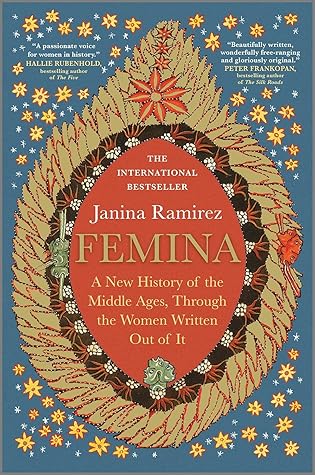More on this book
Community
Kindle Notes & Highlights
Read between
May 13 - May 17, 2023
History is organic and the way we engage with it grows and changes. But how individuals have written history reflects the time in which they write, as much as the time they are writing about.
For the suffragettes, however, the women they foregrounded displayed two essential medieval attributes: they were challenging societal norms by achieving power and influence despite their sex, and they were deeply religious. The modern leaning towards science and reason over religion and spirituality has meant the deeply devout nature of the suffragette movement is often overlooked. For many today they are seen as political rather than pious. But the majority of women who took part in militant activity saw themselves as soldiers of Christ, promoting social change framed within religious terms.
Very few scholars have discussed these suffragettes who were fascinated by the medieval period. But understanding their medievalism subverts the general consensus that these twentieth-century women were fighting for agency in a vacuum, blazing a trail like never before. Rather than accept the misconstructions of the medieval period that had accrued over the intervening centuries, these suffragettes recognised a time when women had agency – and they wanted to return to it.
Controlling access to the past controls populations in the present, and determining who writes history can affect thought and behaviour.


